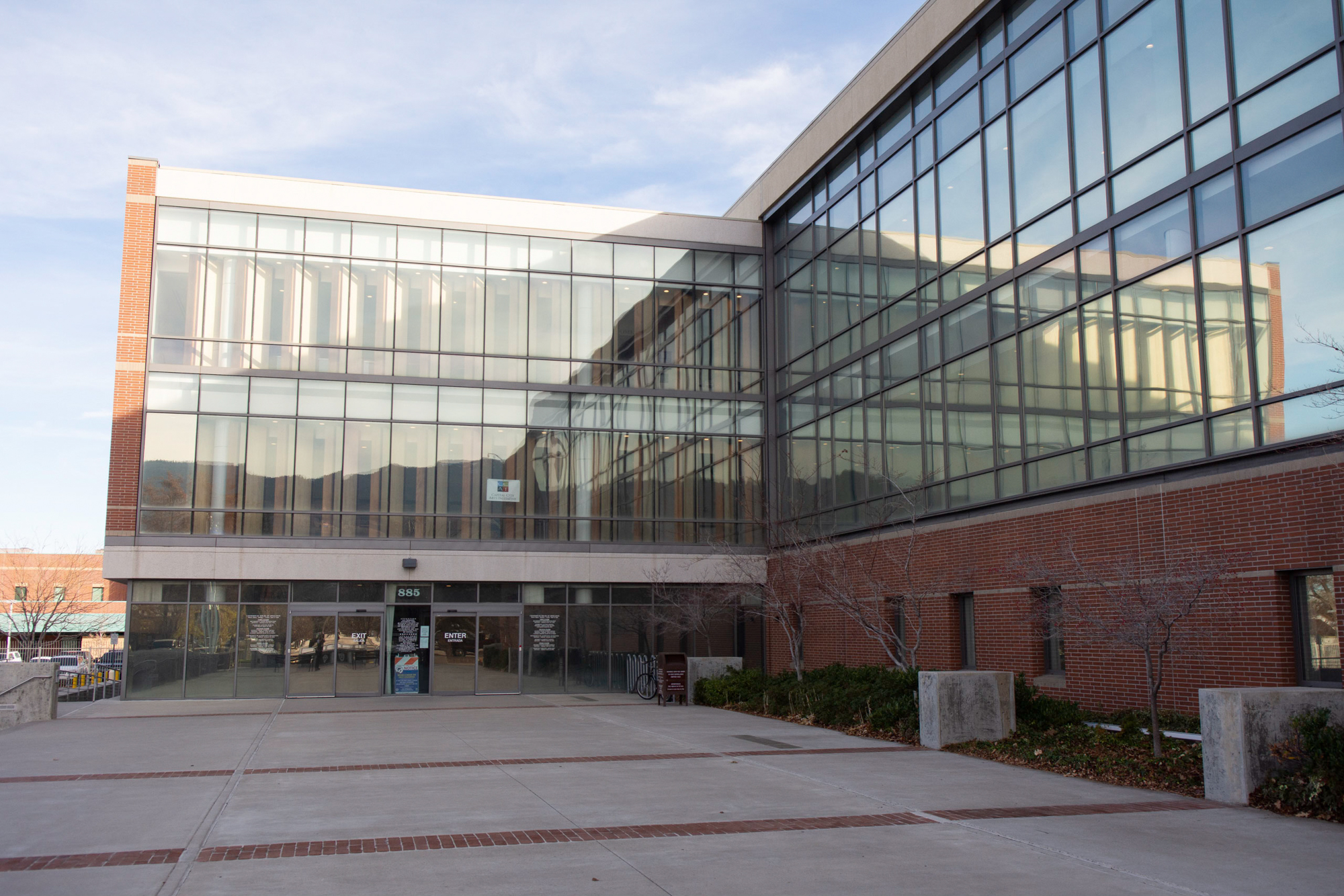A Carson City judge heard arguments but did not issue a ruling on a lawsuit seeking to block the Green Party from the 2024 Nevada presidential ballot.
Carson City District Court Judge Kristin Luis on Friday heard arguments from attorneys representing the minor political party and the Nevada Democratic Party — which filed the lawsuit — but opted not to issue a ruling from the bench.
“Time is of the essence,” Luis acknowledged. “I would have to imagine that whichever way I decide somebody’s going to appeal.”
The Green Party, which has not been on a Nevada general election ballot since 2008, had appeared to qualify for the state’sballot in mid-June with about 15,000 valid signatures, well more than the requirement of roughly 10,000 valid signatures.
Aug. 27 is the last day a qualified minor political party can file a certificate of nomination to place candidates for the offices of president and vice president on Nevada’s presidential ballot.
But Nevada Democrats quickly filed a lawsuit seeking to block the party’s efforts to land on the ballot, saying they had reviewed a limited number of signatures via a public records request and found most of the signatures were invalid. The lawsuit claimed that some of the gathered signatures had been obtained before its petition to get on the ballot was approved and should be considered invalid.
The possibility of the Green Party’s inclusion as a qualified third party candidate on the 2024 ballot could potentially aid Republican former President Donald Trump by pulling dissatisfied left-leaning voters away from the Democratic Party in what is expected to be Nevada’s close presidential race.
During the Friday hearing, Todd Bice, who represents the Nevada Democratic Party, argued that the minor party’s petition contained the wrong affidavit language, saying that the county clerks who validated the signatures were unaware of this until after they had validated the signatures.
Bice said the Green Party’s petition appeared to use the affidavit language for initiative petitions, not minor parties, which omits a sentence stating the circulator believes all signees were registered voters in the county they reside.
However, the affidavit language used by the party is the same as that recommended by the Nevada Secretary of State’s Office in its guide for minor political parties to qualify for the ballot.
Greg Ott, an attorney with the attorney general’s office speaking on behalf of the secretary of state’s office, said during the hearing that the guide is not legal advice, and there are reminders within it to consult state law for the most accurate information.
Kevin Benson, an attorney representing the Green Party, rebutted Bice and said that the missing statement is already accounted for in the verification process. He added that the secretary of state declared it to be qualified, and the plaintiffs did not produce evidence that enough signatures were invalid to not qualify for the ballot.
“The Green Party made a good faith effort to comply with the law,” Benson said, adding that “circulating a petition is a human endeavor,” acknowledging that there will be mistakes, but that’s not any indication that anything nefarious took place.
In response, Bice said the mistakes were not human error, but “shenanigans” and signature-gatherers were not following the law.
“You cannot claim you substantially comply with law, because somehow you can just assume the signatures are valid,” he said.
In 2016, a federal judge denied ballot access to the party after it had not gathered enough valid signatures in time.
Minor parties must submit candidates for president and vice-president to the secretary of state’s office by the last Tuesday in August. The party has not yet submitted a candidate for the November ballot, but its former presidential candidate, Jill Stein, is running again this year.
Stein, who is polling about 1 percent in Nevada, called the lawsuit “outrageous” in a video posted to her campaign website.

